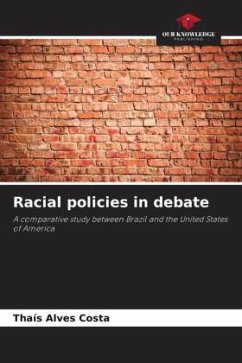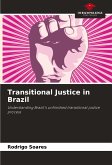ABOUT THE WORK: Throughout its chapters, this book analyses the legal institute of affirmative action in the Brazilian and American contexts, with the aim of ascertaining whether this policy is capable of fulfilling its intended purpose, namely: the promotion of distributive justice and racial diversity in the most different sectors of society. To this end, the first section presents the emergence of this policy, its historical background and its consolidation in the United States of America. It then shows how this policy was adopted in Brazil's legal and social reality and its consequent developments. As a guiding thread for the research, the works "Equal Treatment and Compensatory Discrimination" by Thomas Nagel and "Affirmative Action and the Constitutional Principle of Equality" by Joaquim Barbosa Gomes are used, as well as several US legal decisions, mainly "Regents of University of California vs. Bakke" (1978) and some Brazilian legislation, with due attention to the "Racial Equality Statute" of 2010 and the "Quotas Law" of 2012.








